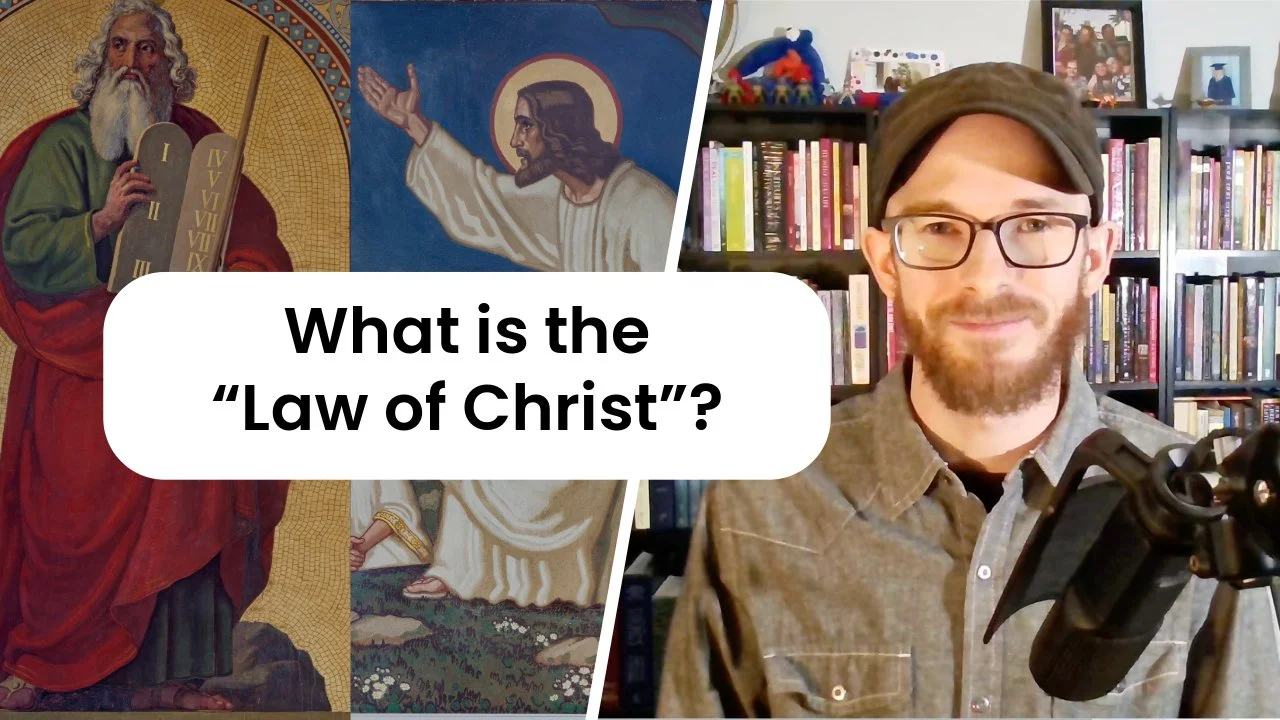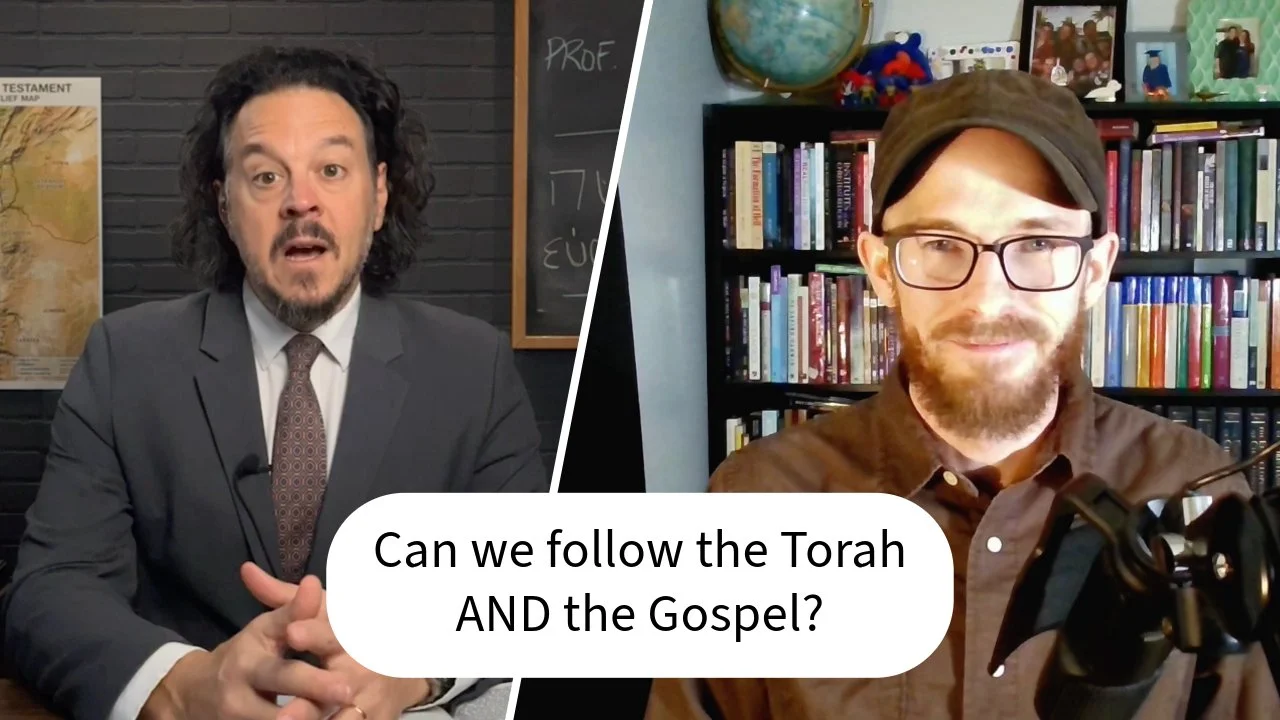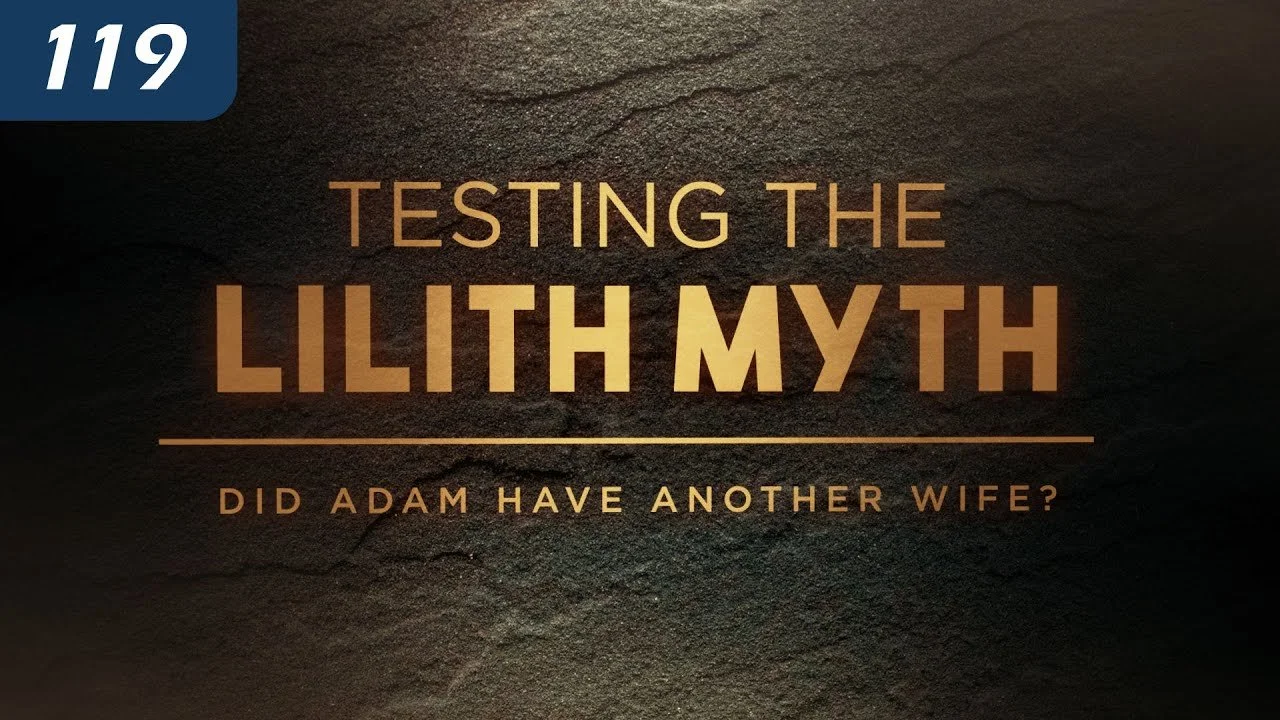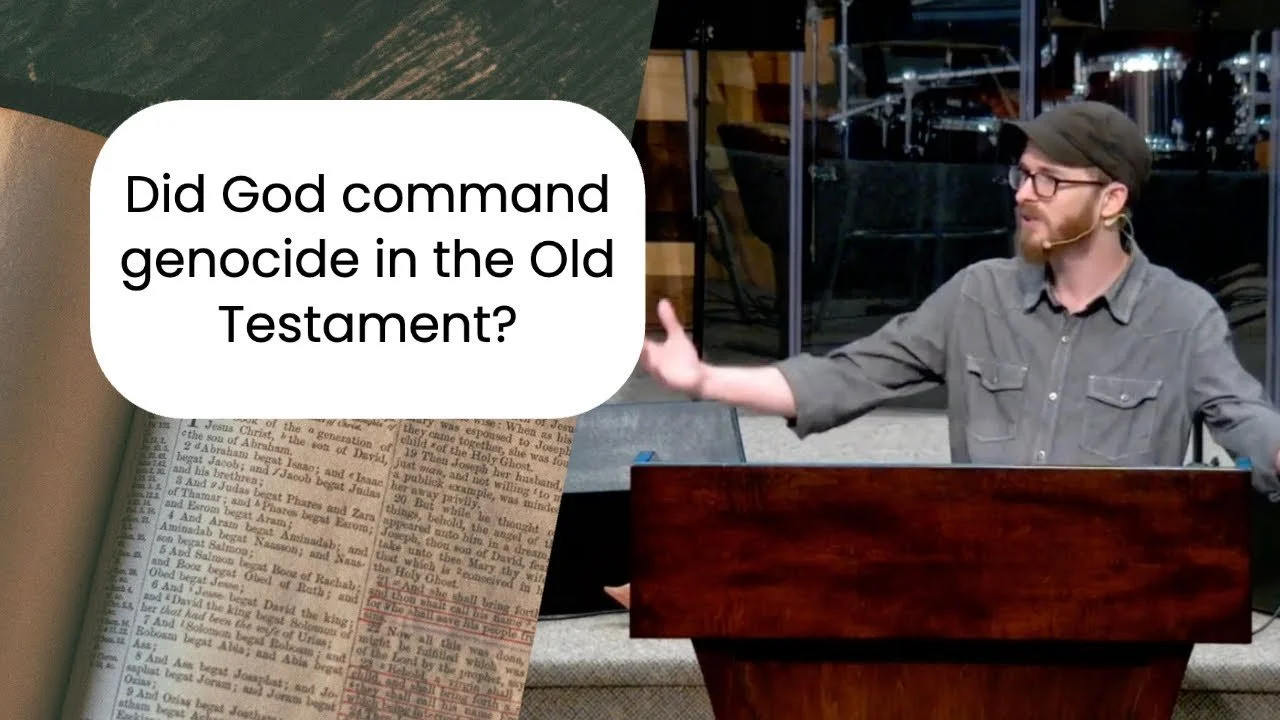Noah and Unclean Animals
In this week’s Parashah Point on the portion Noach, we look at Genesis 9:3 to see if Noah could eat unclean animals.
Transcript
Welcome to another episode of Parashah Points—short thoughts from the weekly Torah Portion.
This week’s Parashah Point comes from Noach, which is the Hebrew name for “Noah,” and it goes from Genesis 6:9 to Genesis 11:32.
This parashah tells the story of how mankind become so wicked that God destroyed them with a flood. However, He spared Noah and his family by commanding Noah to build an Ark to survive the flood (Genesis 6-8).
It also speaks of God’s covenant with Noah and then lists all the nations that descended from Noah (Genesis 9-10).
Then we learn about the story of the Tower of Babel (Genesis 11).
There’s a lot we can talk about in this Torah Portion. Today we’re going to talk about God’s dietary instructions and whether or not Noah followed them.
After the waters of the great flood had died up on the earth, and Noah got off the Ark, God blessed Noah and made a covenant with him. After that, God gave Noah permission to eat animals in addition to plants. Here is what He said:
Genesis 9:3
Every moving thing that lives shall be food for you. And as I gave you the green plants, I give you everything.
Much of the discussion surrounding this verse is in regard to Noah being given permission to eat meat in addition to plants. Does that entail that before this time God’s people were only allowed to be vegetarians? Not necessarily. As we explain in our teaching, Noah: Could He Eat All Things?, we would take the position that abstaining from eating meat was a circumstantial instruction applied only during Noah and his family’s time on the Ark—but now that they are off the Ark, using animals for food could continue. Other Bible commentators, such as John Calvin, have shared this perspective.
Today we want to focus on another facet of this verse, which is the question of whether or not God’s permission to eat meat in Genesis 9:3 included eating unclean animals.
For many Christians, the meaning of this verse is obvious: God gave Noah permission to eat “every moving thing,” which would seem to include animals that God later defines as “unclean” in Leviticus 11. Many Christians will point to this verse as a proof-text for suggesting that the dietary laws in Leviticus 11 were temporary commandments that applied only to Israel. Indeed, based on the premise that Noah was allowed to eat unclean animals, it’s argued that Leviticus 11 is not universal instruction for all believers.
First of all, even if we grant the popular interpretation of this verse, which is that Noah was given permission to eat unclean animals, it still wouldn’t follow that believers today are exempt from following God’s dietary instructions. We’re still commanded in Leviticus 11 to not eat unclean animals. These commandments are part of the Torah that Yeshua affirmed in Matthew 5:17-20. He said that nothing would pass away from the Torah until heaven and earth pass away and everything is accomplished, which hasn’t happened yet.
Yeshua also admonished His followers to do and teach even the least of the commandments in the Torah if they want to be great in the kingdom of God. Furthermore, just before His ascension, He told His disciples to teach all the nations everything He commanded them, which would include His teaching in His Sermon on the Mount in which He affirmed the Torah’s ongoing authority. The apostle Peter also admonished believers to be holy as YHWH is holy, appealing to the Torah as the basis for this imperative, as we see in 1 Peter 1:16. One of the places where the command to be holy occurs is in Leviticus 11 in regard to what not to eat.
So clearly, regardless of what one might think about Genesis 9:3, the dietary laws have an application beyond ancient Israel. If we want to apply Yeshua’s teaching in His Sermon on the Mount, that includes doing and teaching the least of the commandments in the Torah. If we want to follow the command to be holy—as the apostle Peter defines it—that would include keeping God’s dietary laws.
But should we even grant the popular interpretation of Genesis 9:3? Does it really make sense that God gave Noah permission to eat unclean animals only to prohibit eating them later? Here are a few considerations that may lead to a more consistent interpretation.
First, Noah was told to distinguish between clean and unclean animals before the flood in Genesis 7:2. He took seven pairs of clean animals and only one pair of unclean animals. Clean animals were later used for sacrifices to the Lord once the floodwaters dried up (Genesis 8:20). In addition to sacrifices, it could perhaps be argued that these clean animals were specifically what Noah was given permission to eat. Practically speaking, Noah wouldn’t have been able to eat the unclean animals since they would need time to reproduce after the flood.
It should also be considered that not all Christian commentators view Genesis 9:3 as a strong case for permitting the consumption of unclean animals. For instance, Gordon J. Wenham says this:
"Whether this permission to eat meat meant that Noah could eat unclean as well as clean creatures is uncertain. The silence of the text on this issue is usually taken to mean that he was not restricted to just clean creatures. However, the frequent mention of the difference between clean and unclean animals elsewhere in the story makes it problematic to assert that total freedom is being given here (7:2,8; 8:20)."
-Gordon J. Wenham, “Word Biblical Commentary: Genesis 1-15, Vol. 1” (Dallas: Word Incorporated, 1987), pp. 192-193
In other words, since clean and unclean animals are already distinguished elsewhere in the narrative, the statement in Genesis 9:3 is qualified in light of that context.
In his commentary on Genesis, Hebrew scholar Dr. John Walton gives some additional considerations concerning the Hebrew word remes, which is translated as “every moving thing” in our passage:
"The noun (remes) and the associated verb (rms) each occur seventeen times in the Old Testament, ten times each in Genesis 1-9. This word group is distinct from both the wild (predatory) beasts and domesticated flocks and herds. Neither verb nor noun is ever used to refer to larger wild animals or to domesticated animals. In no place is remes a catch-all category for all creatures. It is one category of creature only. The division of the Hebrew terms used up to this point in Genesis reflects the nature of the animal.”
-John Walton, “The NIV Application Commentary: Genesis” (Grand Rapids: Zondervan, 2001), pp. 341-342
Based on Walton’s observation that the Hebrew term translated as “every moving thing” doesn’t entail a catch-all category for all creatures, it is therefore unnecessary to interpret “every moving thing” as including unclean animals.
Walton later goes on to list the types of animals that fall into this remes category:
"The most common members of this group were wild cattle, antelope, fallow deer, gazelle, and ibex."
--John Walton, “The NIV Application Commentary: Genesis” (Grand Rapids: Zondervan, 2001), p. 342
Remarkably, the animals that Walton lists as being included in this category of animals are all designated as “clean” according to Leviticus 11. In light of these considerations, there appears to be no conflict between Genesis 9:3 and the rest of the Bible in regard to God’s dietary instructions for His people.
This interpretation is much more harmonious in light of all the biblical data, and is therefore a better option than the popular interpretation.
Thank you for joining us for another Parashah Point!
About David Wilber
David is first and foremost a passionate follower of Yeshua the Messiah. He is also a writer, speaker, and teacher.
David’s heart is to minister to God’s people by helping them rediscover the validity and blessing of God’s Torah and help prepare them to give an answer to anyone who asks about the hope within them (1 Peter 3:15)…
































